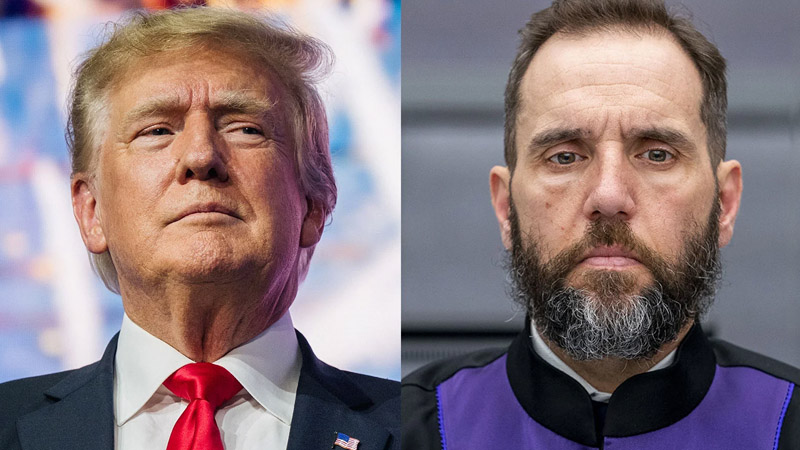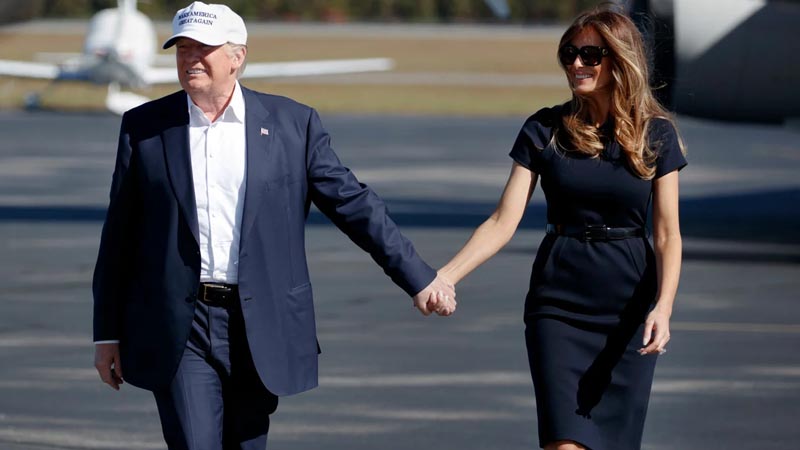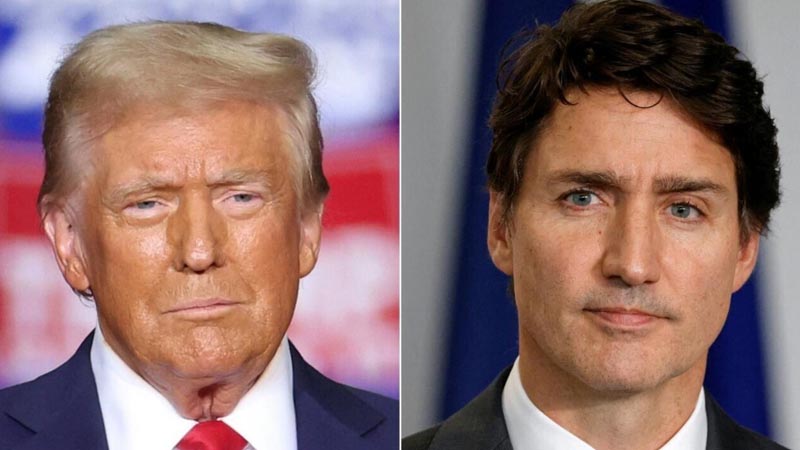Why Jack Smith Charging Trump in Florida Was the Only Option, Explains Former CIA Attorney

Photos by Chip Somodevilla/Getty Images and Anna Moneymaker/Getty Images.
Brian D. Greer, a former attorney with the CIA’s Office of General Counsel from 2010 to 2018, has recently addressed the widespread speculation and debate regarding the venue of the charges brought against Donald Trump under the Espionage Act. Amidst claims that Special Counsel Jack Smith should have initiated the classified documents case in Washington, D.C. instead of Florida, Greer argues that this notion is based on a “false premise.”
“Since the ‘Smith should have just brought the documents case in DC’ chorus is picking up again, it’s time for a reminder as to why that’s not true,” Greer stated, urging a reconsideration of the popular narrative. He clarified that the decision to charge in Florida was tightly bound by constitutional, federal law, and case law requirements, which dictate that at least a “conduct element” of the alleged offense must occur in the district where the charge is brought, reports Raw Story.
For the Espionage Act charges concerning Trump’s unlawful retention of documents, Greer explained the complications of charging the former president in D.C. “The issue with charging him in DC is that he was still POTUS when he removed the docs from the White House down to Florida,” he noted, suggesting that Trump was arguably within his rights to do so at the time, however contentious that may be. Thus, no actionable conduct element occurred in D.C. for these charges.
Greer also touched on the potential for conspiracy charges, stating, “Was an ‘overt act’ committed in DC? Maybe, but Trump would have been POTUS when that act occurred.” He added that charging such an ‘overt act’ would likely face a strong presidential immunity defense, especially since handling classified records could be viewed as an official act.
He further reasoned that if the case had been charged in D.C., Trump would have had a more substantial immunity argument, one that the Supreme Court likely would have supported, possibly before trial. Regarding the various obstruction charges, Greer pointed out that all of the ‘conduct elements’ for those charges took place in Florida, not D.C., thereby necessitating the trial’s location in the Southern District of Florida, where encountering Judge Aileen Cannon was a strong possibility.
Greer concluded with a candid acknowledgment of the situation’s complexity: “Having to charge the case in S.D. Florida, where drawing Cannon was very likely, completely sucked.” However, he affirmed, “But prosecutors are bound by the Constitution, the law, and reality — so charging the case there was the right thing to do, and really the only [choice] they had.” This insight sheds light on the procedural and legal intricacies that dictated the venue of this high-profile case.


